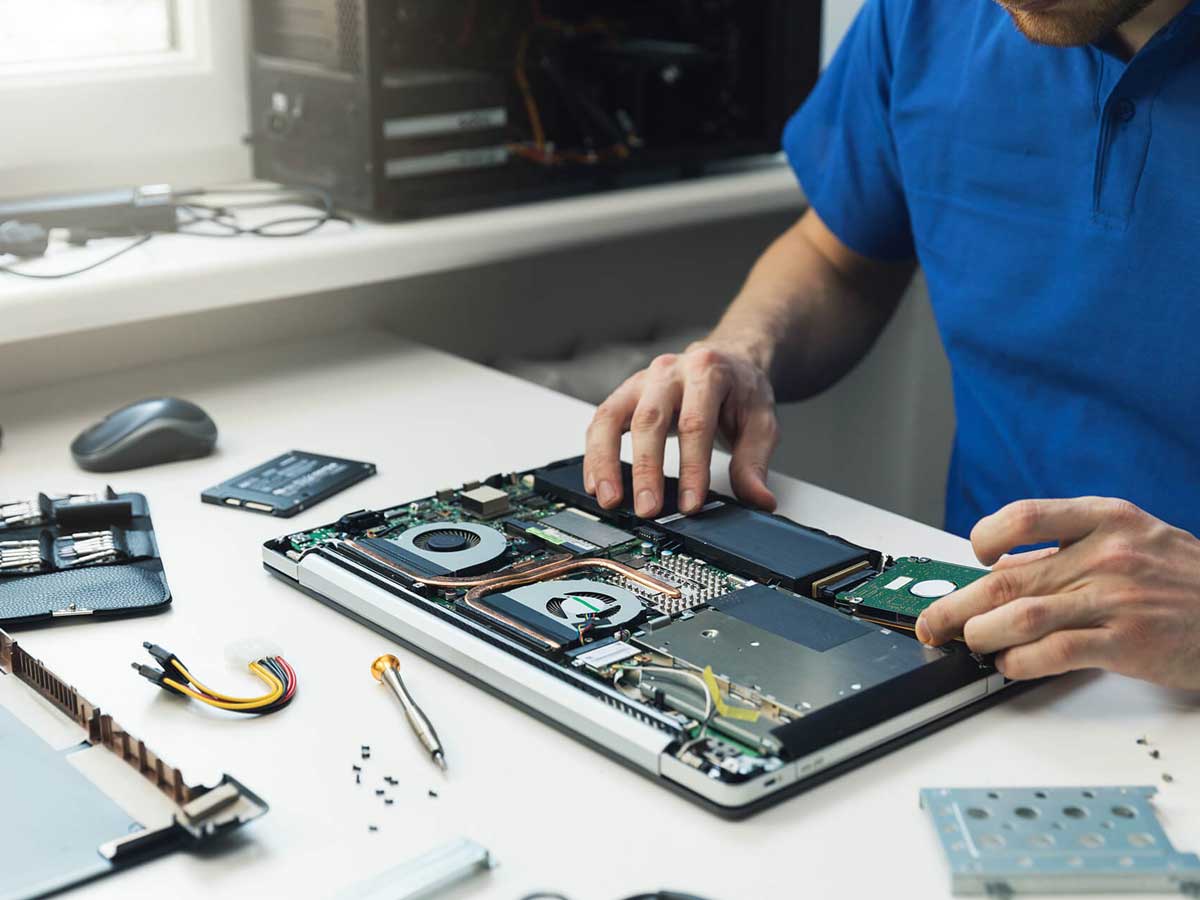Laptops have become an essential part of our daily lives, serving as powerful tools for work, entertainment, and communication. The screen is one of the most critical components of a laptop, allowing us to interact with its features and content. However, laptop screens are also susceptible to damage and wear over time. To ensure your laptop screen's longevity and prevent potential damage, it is important to follow certain guidelines and adopt good practices. In this article, we will explore some valuable tips for preventing laptop screen damage and extending its lifespan.
- Invest in a Protective Case or Sleeve
One of the simplest and most effective ways to safeguard your laptop screen is by investing in a protective case or sleeve. These accessories provide a layer of cushioning and help shield the laptop from accidental impacts, scratches, and dust. When you're not using your laptop, make sure to store it in the protective case to minimize the risk of screen damage during transportation or storage.
- Clean the Screen Properly
Regular cleaning is essential to maintain the clarity and quality of your laptop screen. However, it is crucial to clean the screen using the appropriate methods to prevent damage. Avoid using harsh chemicals, abrasive materials, or excessive pressure while cleaning. Instead, use a soft microfiber cloth and a mild cleaning solution specifically designed for screens. Gently wipe the screen in a circular motion to remove smudges, fingerprints, and dust particles.
- Avoid Touching the Screen
Frequently touching the laptop screen with your fingers or using it as a pointing device can lead to smudges, oil buildup, and potential scratches. It is best to resist the temptation to touch the screen and use a stylus or the laptop's trackpad instead. If you do need to touch the screen for any reason, make sure your hands are clean to minimize the transfer of oils and dirt.
- Adjust Screen Brightness and Sleep Settings
Excessive screen brightness can strain your eyes and accelerate the screen's aging process. To prevent unnecessary wear, adjust the screen brightness to a comfortable level that suits your surroundings. Additionally, configure the sleep settings to automatically turn off the screen or put the laptop into sleep mode after a period of inactivity. This will not only save power but also reduce the screen's exposure to constant illumination.
- Avoid Placing Heavy Objects on the Laptop
Placing heavy objects, such as books or other devices, on top of your laptop can exert pressure on the screen, leading to cracks or display issues. Always ensure that your laptop is placed on a stable and flat surface, and avoid placing any heavy objects on it. If you need to carry additional items, use a separate bag or compartment to keep them away from your laptop.
Conclusion
Your laptop screen is a valuable component that requires proper care to maintain its performance and extend its lifespan. By following these tips, you can minimize the risk of damage and ensure the longevity of your laptop screen. Investing in a protective case, cleaning the screen correctly, avoiding direct touch, adjusting brightness and sleep settings, and being mindful of heavy objects can go a long way in preserving your laptop screen's integrity. Remember, prevention is always better than costly repairs or the need for a premature replacement. By adopting these practices, you can enjoy a vibrant and durable laptop screen for years to come.


No comments yet